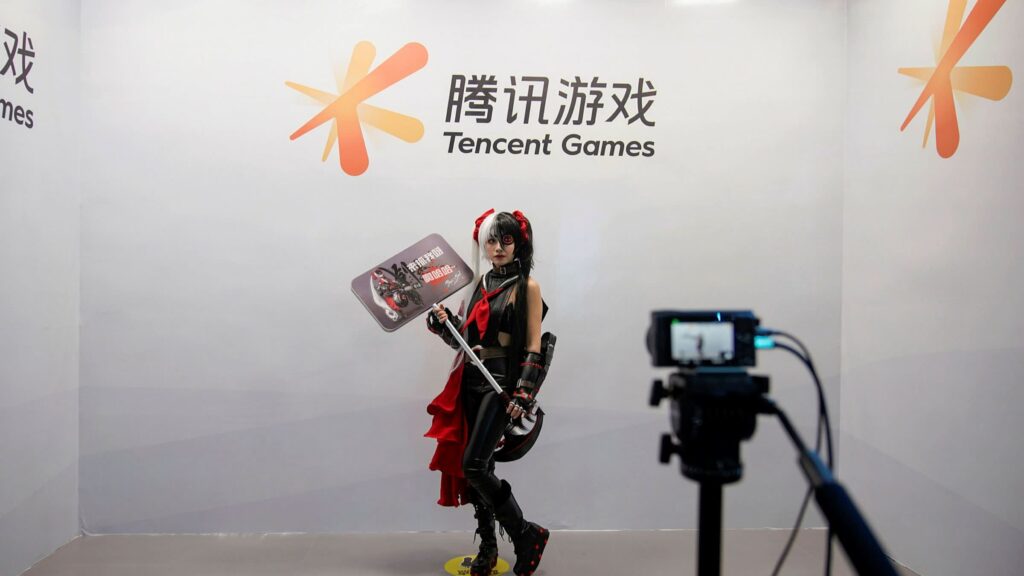Tencent revenue growth drops as Beijing gaming crackdown takes hold


Tencent has defended a slowdown in revenue growth in its first financial results following Beijing’s crackdown on games aimed at children.
Revenues grew 13 per cent in the three months to September 30 to Rmb142.4bn ($22bn) from the Rmb125.4bn reported in the same period a year earlier. But the sales missed the average forecast of Rmb145.4bn in a Bloomberg poll, and growth was lower than the 20 per cent and 25 per cent growth rates of quarters two and one respectively.
Martin Lau, the company’s president, said stricter regulation was “the new normal” both in China and internationally, He expected the amount of new rules to decrease in the future, though he did not offer details. “The impact on industry will be less and less over time,” he told analysts on Wednesday.
China’s biggest companies have been rattled by a series of new regulations as president Xi Jinping rolled out a new “common prosperity” policy, which has targeted everything from social inequity to consumer rights.
Video games, a key business area for Tencent, have come under intense scrutiny. The government accused companies of making games that were too addictive, briefly labelling them “spiritual opium”, and restricting the amount of time children could play them.
Tencent said both its revenue from under-18s and the amount of playing time had further decreased. Minors accounted for 0.7 per cent of the company’s domestic games time spent in September 2021, down from 6.4 per cent in September 2020, the company said.
James Mitchell, the company’s chief strategy officer, said he did not expect the time limits placed on minors to be extended to adults, and he emphasised the importance of gaming to China’s soft power.
“Its advantageous to society on multiple levels to have a thriving . . . game industry,” Mitchell said, pointing to the examples of Hollywood in America and Korea’s music industry. He added that a larger share of popular games in the US and Japan now originated in China.
Company executives said that advertising across education, gaming and insurance had suffered during the quarter “due to macro challenges and regulations affecting certain key advertising sectors”.
International gaming revenue growth outpaced the rate inside China. Tencent has been increasing investment in overseas start-ups this year, with 34 deals done in the first six months of 2021.
Domestic games revenue in China rose 5 per cent to Rmb33.6bn over the quarter with games such as Honour of Kings and Call of Duty helping to drive its sales. International gaming revenues climbed 20 per cent to Rmb11.3bn on the back of games such as Valorant and Clash of Clans, the company said on Wednesday.
Ke Yan, an analyst with DZT Research who writes on the Smartkarma platform, said the slower sales growth rate was partly as a result of the unexpected increase last year, driven by the pandemic.
Yan said while social networking and gaming had slowed, fintech and enterprise services were “growing really well at 30 and 20 per cent respectively” during the last quarter.
Tencent said it was also exploring opportunities in the “metaverse” in terms of gaming, social media and business.
“We have a lot of the technology and knowhow for us to explore the metaverse opportunity,” Lau said. He added that he believed the Chinese government was supportive of the concept as long as the user experience complied with regulations.
Tencent said it was “proactively embracing the new regulatory environment” in the earnings statement.
Shares in the group closed up 4.2 per cent to HK$483.6 ($62.08) on Wednesday before the results were released.